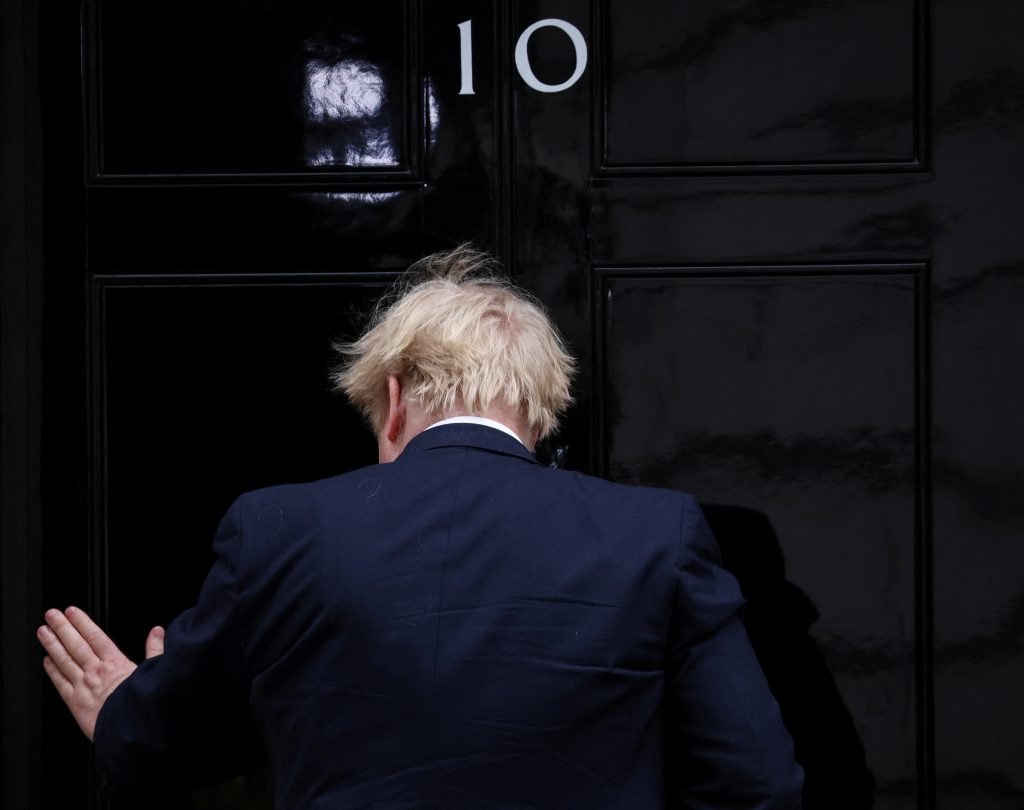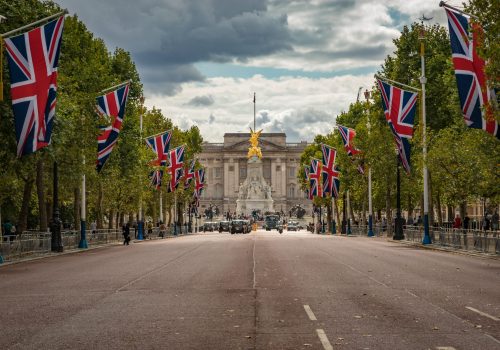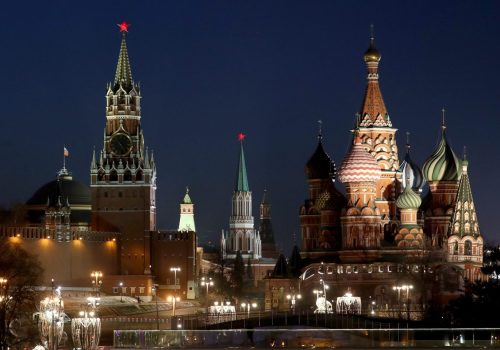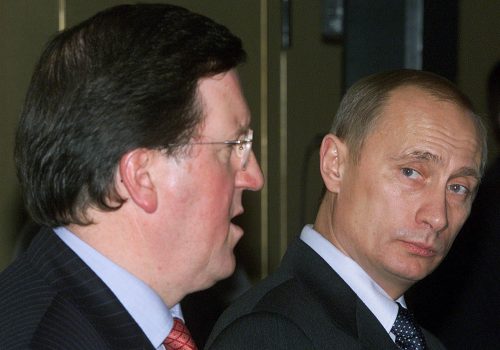The specter of political instability looms over Britain. Faced with domestic political pressure, Prime Minister Boris Johnson has appointed a new chief of staff to consolidate operations in 10 Downing Street and the Cabinet Office. It is imperative that this reorganization does not neglect Johnson’s ‘Global Britain’ agenda, a commitment to openness and to restoring the country’s stature as a leading international player. The fall of Kabul and the Russian invasion of Ukraine only underscore why Britain’s leader must ensure that his restructured office strengthens the country’s chances of achieving those global goals.
In the immediate term, Ukraine will clearly remain the focus. Beyond that, it’s time to revisit Johnson’s much-postponed trip to India, engage more one-on-one with US President Joe Biden, and make a concerted effort to repair relations with France. The prime minister’s reconstituted office, however, ultimately needs to drive a persistent, long-term effort to operationalize its ‘Global Britain’ vision.
Here are three key recommendations to get there: Ensure that the prime minister takes the National Security Council (NSC) seriously; enable his access to the best foreign-policy expertise; and equip the NSC’s secretariat smartly. None of these is overly radical or demands significant additional funds from the Treasury.
- Restore the NSC’s original relevance: Johnson must do what his predecessors David Cameron and Theresa May did since the inception of the NSC in 2010—chair the council’s meetings every week. Where the prime minister is present, so too are key ministers, embedding regular foreign-policy thinking at the top level of government. This rhythm of prime minister-chaired NSC meetings will also ensure the body is not entirely reactive to crises, effectively incentivizing longer-term contingency and strategic thinking. This is vital to avoid a repeat of international policy failures like Afghanistan.
- Get bright, outside minds: Current officials have made clear that recent foreign-policy successes, like those in Ukraine, are largely thanks to a small but highly competent cadre of experts marshaled by John Bew, Number 10’s chief foreign policy adviser. Bew must be empowered to bring in additional voices from the United Kingdom’s highly developed academia-think tank world. Britain can look across the Atlantic at the United States as an example: National Security Adviser (NSA) Jake Sullivan and US Agency for International Development head Samantha Power were brought into government while serving in posts at Yale and Harvard respectively. When Bew moves on, his position should be formalized so other strategists can maintain this momentum, even as the NSA continues to serve as a counterweight to them.
- Small and sprightly: If the heavyweight policy development resource sits with the departments and the capacity for novel idea generation sits with Bew and his team in Number 10, the NSC secretariat must perform a coordinating role. At its best—and as was intended in 2010—the secretariat should be a small and highly capable team of experts, with knowledge across the broad foreign policy, intelligence, and defense spectrum. They can integrate all relevant views, enabling the NSA to provide cohesive policy recommendations to the prime minister. Several officials we spoke to noted a movement away from this model, with an increasingly large secretariat often stepping into the policy development space, duplicating thinking, and creating a barrier to advice fed to Number 10. Again, the United States offers a valuable precedent. George W. Bush’s NSA Brent Scowcroft ran a small, specialized team with a clear remit to consolidate views and create a cohesive policy for the president. Britain should aim for something similar.
These proposed measures aren’t exhaustive. There is also a compelling case for better resourcing the wider foreign network, as economic and political conditions allow.
Still, these limited recommendations will not be straightforward to implement. The prime minister and Number 10 are naturally more focused on the short term, driven by crises and electoral cycles. Foreign policy is rarely a vote winner (or loser), so convincing the prime minister to dedicate time to proactive foreign policy thinking via the NSC could be difficult. Similarly, some we spoke to cautioned against institutionalizing a system based on the successes of an individual: Bew.
A look beyond Britain also makes clear that this task will not be easy. French President Emmanuel Macron dedicates a huge amount of time to foreign policy and his office holds substantial power over defense issues. Yet Macron’s foreign-policy approach, which has been described as “hyperactive, disruptive,” has delivered varying levels of success. Meanwhile, the US system demonstrates how significant presidential attention does not always ensure that the United States gets the foreign-policy outcomes it desires.
Yet these challenges shouldn’t paralyze attempts for Britain to ensure meaningful prime ministerial influence over foreign policy. As Afghanistan showed and the Ukraine crisis underlines, the costs of neglect are simply too high. Following our recommendations may not always prevent strategic mistakes—Germany had been debating this issue long before the Ukraine crisis—but integrating relevant perspectives while emphasizing scenario analysis and contingency planning can minimize the risk. Ensuring a new-look prime minister’s office does not neglect foreign policy would be a good place to start.
Francis Shin is a research assistant in the Atlantic Council’s Europe Center.
Alex Urwin is a Master’s student at Columbia University who has previously worked in the British prime minister’s office.
Further reading
Fri, Oct 8, 2021
Global Britain: An American review
Issue Brief By
What is happening to Britain in the world? Since 2016, when Brexit began with the United Kingdom’s shock “leave” vote to quit the European Union, the conversation has become almost impossible to have without entering into a fierce and polemical debate surrounding the country’s departure.
Wed, Feb 23, 2022
Time to go after the Kremlin’s wallets
UkraineAlert By Doug Klain
Going after the Kremlin’s oligarchs who stash their illicit wealth in the West is an essential move that should happen now before Putin goes further in his campaign to end Ukrainian independence and revise Europe as we know it today.
Mon, Feb 28, 2022
What’s driving Putin’s invasion of Ukraine? A former NATO chief who met him explains.
New Atlanticist By
Lord George Robertson explores what changed the mind of Vladimir Putin, who once asked when Russia would be invited into NATO.
Image: British Prime Minister Boris Johnson enters No. 10 Downing Street, in London, Britain February 22, 2022. REUTERS/Henry Nicholls



